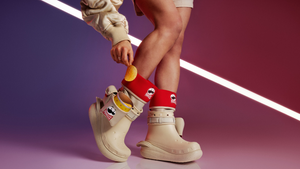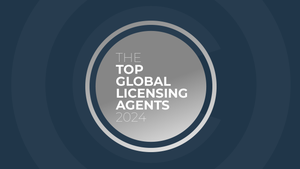Benelux is the term used to describe three neighboring countries in northern Europe nestled between France and Germany–Belgium, the Netherlands and Luxembourg. The three countries of the Benelux vary in size but are mat
April 6, 2018
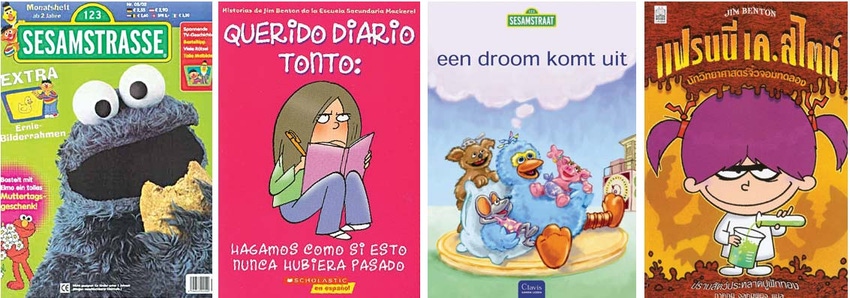
Benelux is the term used to describe three neighboring countries in northern Europe nestled between France and Germany–Belgium, the Netherlands and Luxembourg. The three countries of the Benelux vary in size but are mature economies with high earning consumers and a highly competitive retail landscape. There are five official languages spoken across the region: French, Dutch, German, Frisian and Luxembourgish. English is also widely spoken.
Because of its size–just 82 km long and 57 km wide with a population of 500,000–Luxembourg is not considered a significant player in the licensing industry (although it has the highest GDP per capita in the world). Belgium (population 11 million) and the Netherlands (population 16 million) are the main players. Maarten Weck, deputy managing director of Copyright Promotions Licensing Group (CPLG) Benelux, which is the largest independent agency working in the region, describes the region as "quite a complicated market with the two main countries of Belgium and the Netherlands being very different from each other in terms of business, retail and culture." 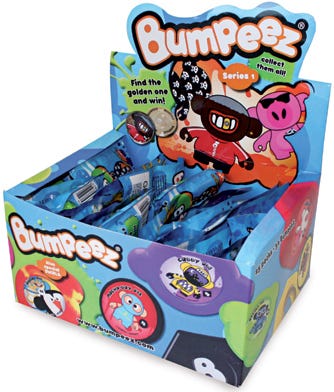
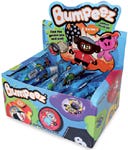
Licensing has a strong presence in Benelux and the market is estimated to be about 25-30 percent of the size of the U.K.'s. TV and major toy brands dominate the market, as the size is not conducive to supporting film licenses.
Retailers vie for space in these crowded countries and the lack of space, retail saturation, high spending per capita and tough planning legislation keeps stores generally on the small side. The region boasts a number of very successful local retail chains such as the supermarkets Albert Heijn, C1000 and Colruyht; apparel giant C&A; department store Von and Driesman; and the household goods group Blokker, which has 2,825 shops in 11 countries including the Intertoy and Maxitoys banners, the region's main toy stores. 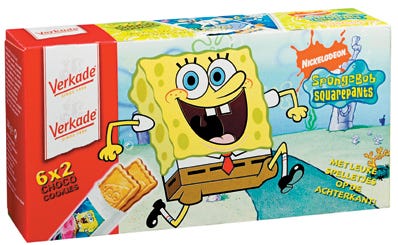
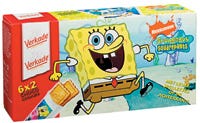
The competitive retail environment has created a defining characteristic of the Benelux region: the constant presence of retail promotions which licensing is an integral component of.
Belgium and the Netherlands show slightly different traits–Belgium is less price driven for example, and the Netherlands favors loyalty premiums–but across the region consumers now expect to be enticed by imaginative promotions. Weck explains that it is becoming increasingly popular to use kids' properties to promote consumer goods such as drinks, desserts and snacks. But it is with loyalty promotions that the hottest properties come into their own. 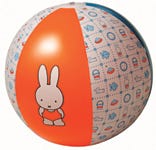
During these events, retailers can regularly dispatch 30 million premiums and sometimes up to 100 million. This is staggering in a region with a population of only 27 million people in total.
The most popular premiums are sticker albums, marbles, figures, flippos (discs) and books. Premiums are rewarded at check-out based on consumer spending. Weck says that other types of retailers such as drugstores and petrol stations are now also introducing loyalty promotions to great effect, driving the expectation for such programs higher. 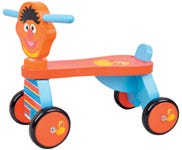
"Five years ago we had supermarkets trying to compete only on price," says Jeroen Menting of Glow Europe. "Then Albert Heijn, the largest, tried to end the price wars by introducing a simple promotion with hand puppets. It worked, others followed and the market was born. These promotions can last up to six weeks in the largest supermarkets. We can be talking about 35 million pieces of licensed merchandise sold compared to 5 or 6 million sold through traditional retail channels."
The sales uplift during a successful kids loyalty promotion can be as much as 15 percent, making it a trend Menting feels sure has the power to export to retailers elsewhere. 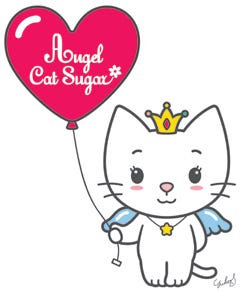
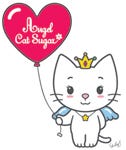
Benelux is home to properties like Miffy (from the Netherlands) and Tintin (from Belgium) that have become global success stories. It has also spawned strong local properties that are little known outside the region. These include Woezel and Pip (from a Dutch creator) and Studio 100 brands such as Mega Mindy and Kabouter Plop. LEGO is the most popular toy brand, and strong brands like Cars, Sesame Street, Snoopy and Dora the Explorer do well. Weck says properties like Dora can have a slow start but then blossom.
"After many efforts with Dora, we created a sound base of licensees. The program exploded to now being our best program in the preschool segment," he says. "Similarly we grew SpongeBob SquarePants from very limited beginnings to become one of our best performing properties. It is now perceived as an evergreen that will secure shelf space." 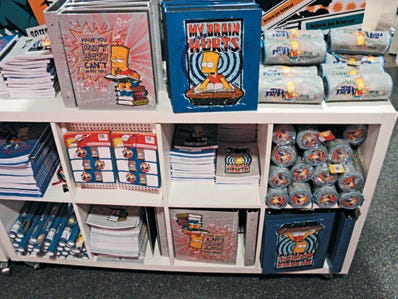
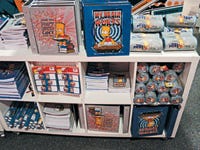
Apart from CPLG, other agents in the region include Bruno Productions and License Connection. Bruno Productions manages the Fido Dido and Angel Cat Sugar brands. It launched Soft Spots at Licensing International Expo this year. Bruno Productions also manages the Wooly property which is the subject of a TV series and books. An apparel deal is soon to be confirmed. Bruno Productions hopes to extend Wooly beyond Benelux.
License Connection took on representation of the Discovery Channel brands last year and interest is exceeding expectations. 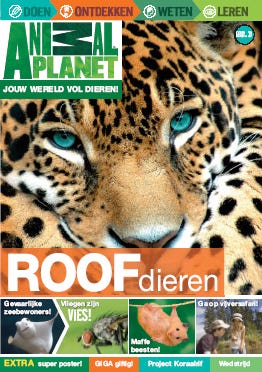
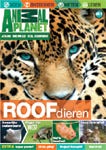
"People here have fallen in love with Animal Planet," says Daphne Kellerman of License Connection.
So far, License Connection has signed Big Balloon as master publisher for the Animal Planet magazine, as well as coloring and activity books. Belltex is signed for bed linens, The Cookie Company for apparel and accessories and Interstat for stationery. The magazine is already on shelves; other products will follow at the end of 2011 and into the beginning of 2012.
"Once products are established on shelf, we will look for sales promotion and a retail deal as well as to categories such as food, confectionery, bags, adult apparel, shoes and drinks," says Kellerman.
Another characteristic of the Benelux region is cross border trading, a feature that seems somewhat inevitable given the region's size and the fact that many of its major retailers also have a presence elsewhere in Europe.
"This is an important issue as most of the Benelux licensees are able to distribute to multiple E.U. countries," says Weck. "Ten years ago, Benelux was known for realizing the majority of its sales outside the region but this has been reduced in the last few years. Now many companies comply with rules and regulations and operate under a pan-European contract. Cross border sales still happen but it is now regulated."
Benelux may be small but there are two companies with mighty ambitions, both with a presence at Brand Licensing Europe this year: Glow Europe and Studio 100.
Studio 100 was founded in 1996 to produce just one series, "Samson and Gert." It has grown quickly. It now employs 1,000 people and owns one of the largest independent catalogs of children's TV series in the world. Studio 100 also manages music, live events, has its own TV channels, a publishing business and a chain of amusement parks under the Plopsa banner. Its top properties include Mega Mindy, Maya the Bee and House of Anubis, which it now produces as a TV series for Nickelodeon U.S., making Studio 100 the first European production house to make a program for the American channel.
Glow Europe grew up creating promotions and has had particular success recently with licensed properties. At the end of this month it launches its own toy property, Bumpeez, which is tipped for huge success. Having worked with so many collectible toys in the past, Glow is highly experienced in what works and what doesn't work. Bumpeez, which are flat discs that fit inside rubber frames so that you can bounce and fling them about, launched first in the U.K. market in August, entering some 30,000 outlets.
For a small region, Benelux combines the traits of a mature consumer market with some of its own very individual characteristics. Its consumer's like licensed products, and Benelux has also exported brands very successfully overseas. As Bruno Productions' Jolien Blanken says, "this is a small market but it is doing very, very well."
You May Also Like
